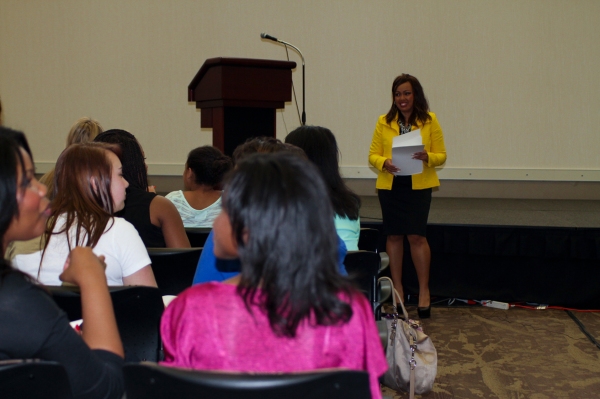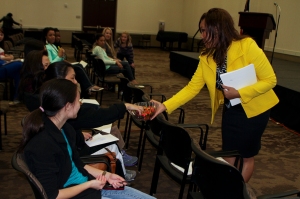Ways to Deal With Defiant Teens
It’s tough for parents to understand how to handle a defiant teen. The frustration comes with trying various strategies to deal with the seemingly out of control behavior and feeling like nothing is working. The ability to “get through to them” oftentimes leads to more parent teen differences and the loss of one of the primary adhesives to all healthy relationships: trust. The subsequent conflict sometimes sends teens down a road of more negative behavior. The key to turning the situation around and putting teens on a positive path is parental awareness and expressing understanding about how their teen feels. Here are some ways to do that:
1. Underlying Reason
At the baseline of all of the raw emotions defiant teens express is an underlying reason. Teens have difficulties with peers, socializing, dating, school and other external relationships that may be causing misplaced aggression. For most teens, parents are their “cushion,” you are the place they go for comfort, consolation, encouragement, love and understanding. Sometimes they just want parents to listen. Then express empathy for what they are going through. Listening and empathy oftentimes turns a negative situation into a positive one.
2. Minimize Idle Time
Busy teens who participate in activities tend to perform better in school, have healthier relationships with their parents and peers and are less likely to get involved with risky behavior.
3. It’s a Battlefield: Choose Wisely
As teens gain more independence and continue to discover who they are as individuals, parent child differences increase. Choose situations to contend with based on their level of safety and importance. Certainly a teen’s choice of shoes is not as much of a call for parental intervention as hanging out with peers who are on a negative path.
4. Make Problem Solving a Team Effort
Even though they roll their eyes and stomp their feet, teens still consider parents a people they can turn to to work through their problems. What’s important for parents to understand is that teens are growing up and with that comes the important skills like decision making and problem solving. Therefore, listening, asking questions such as “What do you think about that,” and providing advice when necessary is the best way to help teens work through issues. It shows them that parents are there for them, with them, and, together they will get though the problem.
For more about ways to deal with parenting teens, visit: http://www.realbeautyinsideout.com








